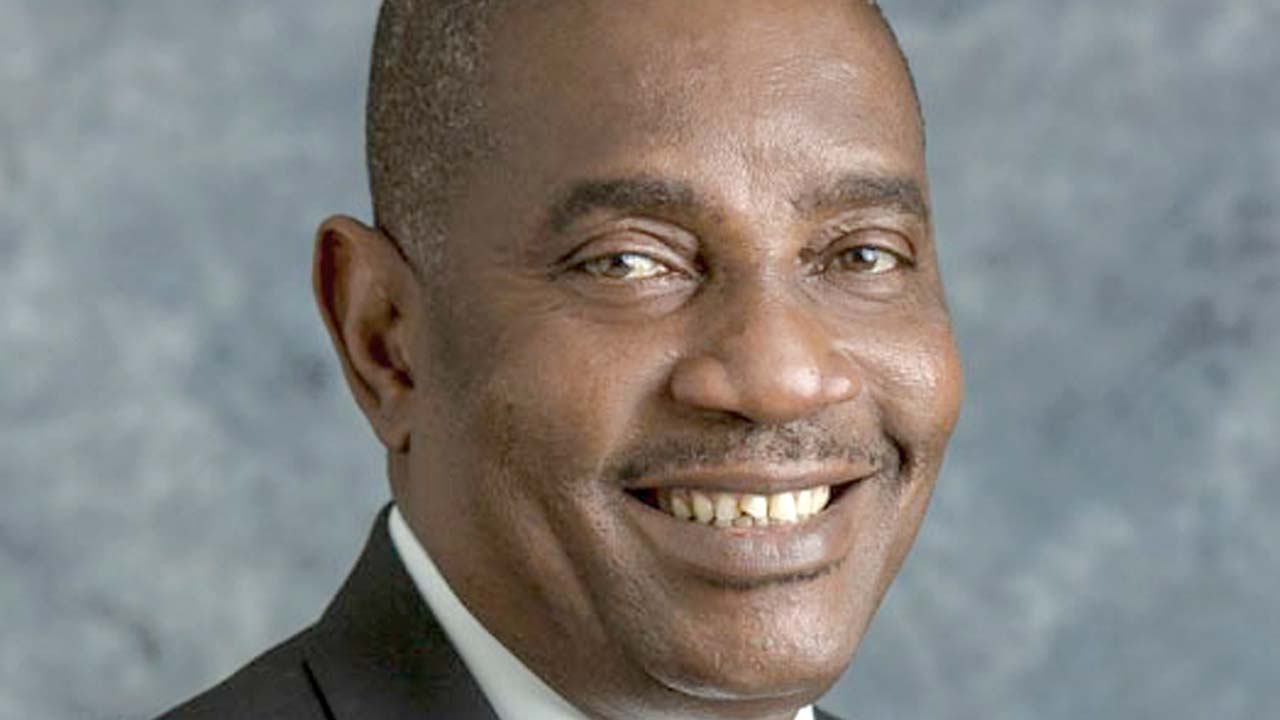By DADA AYOKHAI
A group of civil society organizations (CSOs) have criticized the sudden removal of Mr. Solomon Arase as the chairman of the Police Service Commission (PSC) without any convincing reason.
In a press release signed by 17 CSOs, the group stated that the removal of Mr. Arase violated established legal procedures.
The release specifically cited section 5 (1) of the PSC Act to support this claim.
The removal of Mr Arase was announced by President Bola Ahmed Tinubu via a brief press release from the office of the Chief Press Secretary to the President. Mr. Arase, a former IGP, has since been replaced by a retired police DIG, Mr. Hashimu Argungu.
Section 4 of the PSC Act states that “the chairman and any other member may be removed from office by the President acting on an address supported by a two-thirds majority of the Senate praying that he be removed for inability to discharge the functions of the Office (whether arising from infirmity of mind or body or any other cause of misconduct).”
The CSOs noted that the procedures had been breached in the removal of Mr. Arase, and added that the fallouts of the government action would neither serve the interests of the NPF as an institution nor that of the country.
The coalition expressed concern about the president’s decision, stating that it undermines the independence, effectiveness, and confidence of the Commission.
It stated, “This decision came at a time when significant resources were being invested in supporting police reforms, including training programmes and the recent recruitment of 10,000 police personnel”.
It also described the sudden removal of Mr. Arase as a “step backwards.”
While the group welcomed the recruitments, it raised concerns about the controversy surrounding the recruitment process, despite a Supreme Court judgment affirming the powers of the Commission under the PSC Act of 2001.
Additionally, the group highlighted section 6(2) of the PSC Act, which states that the Commission should not be subject to the direction, control, or supervision of any other authority or person in the performance of its functions, other than as prescribed in the Act.
The group strongly emphasized that the federal government’s actions violated the core values of democracy, specifically the respect for the rule of law and due process.
They urged the President to reconsider his decision and revoke Mr. Arase’s removal as the chairman of the PSC, while also emphasizing the necessity for the President to fully constitute the Board of the Commission quickly.
Additionally, the group called on President Tinubu to promptly finalize the ongoing police force recruitment, including training and deployment, based on the recent disclosure by the IGP that 20,000 personnel are needed annually to meet manpower requirements.
Furthermore, the group suggested activating the ASP cadet short course as a faster way to bolster the Police force.
Regarding the role of the national assembly in protecting citizens from executive branch overreach, the group urged the legislative arm to act as a counterbalance to executive excesses, particularly in light of the “total disregard for the rule of law” in the removal of the PSC chairman.
They emphasized that this situation only fuels the fears of the Nigerian people about the potential political interference in the operations of the Nigeria Police.
The group expressed hope for a quick and positive resolution of the situation for the benefit of Nigeria’s democracy and the country as a whole.
